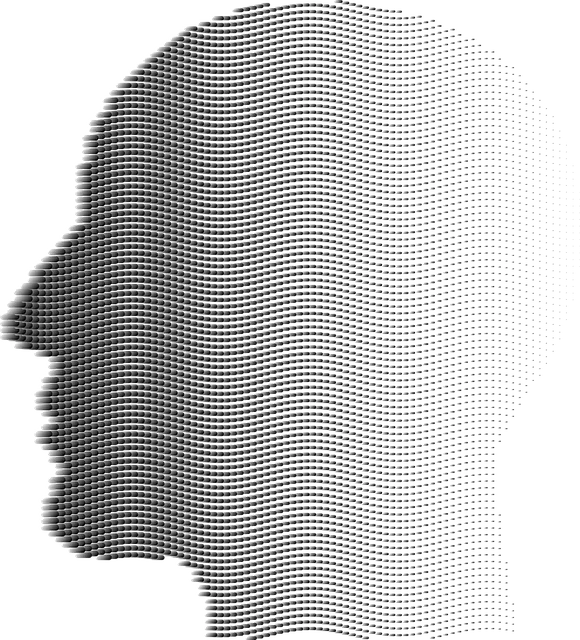Kaiser Permanente Training Programs in Westminster: Engaging Community for Health Impact
In vibrant Westminster, understanding diverse community needs is key to successful Kaiser Permanente…….
In the dynamic landscape of healthcare education, Kaiser Permanente’s training programs in Westminster stand as a beacon of excellence, shaping the future of medical professionals and transforming patient care. This article delves into the intricate world of these programs, exploring their design, impact, and global reach. Through an in-depth analysis, we aim to provide valuable insights for healthcare enthusiasts, educators, and policymakers alike, highlighting the significance of Kaiser Permanente’s initiative in fostering a skilled and adaptable workforce.
Definition and Core Components:
Kaiser Permanente training programs in Westminster refer to a comprehensive educational framework developed by Kaiser Permanente, a leading not-for-profit healthcare provider, to prepare and enhance the skills of medical professionals. These programs encompass a range of activities, including medical residency, continuing education, specialized workshops, and mentorship initiatives. The core components include:
Historical Context:
The origins of Kaiser Permanente’s training programs can be traced back to the organization’s founding principle of delivering high-quality healthcare at an affordable cost. Recognizing the importance of skilled professionals, Kaiser Permanente established its first training program in the 1940s, evolving over time to incorporate modern teaching methodologies and technological advancements. Today, these programs have expanded globally, with a significant presence in Westminster, California, serving as a model for healthcare education.
Significance:
These training programs play a pivotal role in several key areas:
Kaiser Permanente’s training programs have left a significant global footprint, influencing healthcare education and practice in numerous countries. Here’s an overview:
| Region | Impact and Trends |
|---|---|
| North America | Strong focus on interprofessional education, integrating various healthcare disciplines. Increasing adoption of virtual reality for medical training. |
| Europe | Emphasis on patient-centered care and the latest technological innovations. Many European countries have embraced digital health platforms facilitated by Kaiser Permanente’s expertise. |
| Asia-Pacific | Rapid expansion with a focus on addressing regional healthcare disparities through targeted training initiatives. Collaborative efforts between Kaiser Permanente and local hospitals are common. |
| Latin America | Overcoming challenges in rural areas through telemedicine and community-based training programs. A significant impact on expanding access to specialized care. |
Trends Shaping the Future:
The economic impact of Kaiser Permanente training programs extends beyond the educational realm, influencing market dynamics and investment decisions:
Technological innovation is at the heart of modern medical education, and Kaiser Permanente has been at the forefront of integrating new tools into its training programs:
The development and operation of Kaiser Permanente training programs are guided by a web of policies and regulations, ensuring quality and ethical standards:
Despite its many achievements, Kaiser Permanente’s training programs face several challenges that require strategic responses:
Proposed Solutions:
Case Study 1: Rural Community Healthcare Enhancement
In a rural county in the American Midwest, Kaiser Permanente implemented a targeted training program to address healthcare disparities. The initiative focused on providing specialized care for underserved populations through:
Impact: This program led to improved patient outcomes, increased satisfaction rates, and a more sustainable healthcare system in the region.
Case Study 2: Global Surgical Training Collaboration
Kaiser Permanente established a groundbreaking partnership with several international medical institutions to create a global surgical training network. The collaboration aimed to:
Results: The initiative resulted in improved surgical outcomes globally, reduced mortality rates, and enhanced cultural understanding among medical professionals.
Looking ahead, Kaiser Permanente training programs in Westminster and beyond are poised for continued growth and adaptation:
Kaiser Permanente training programs in Westminster represent a powerful force in transforming medical education and healthcare delivery worldwide. Through comprehensive training, technological innovation, and global collaboration, these programs empower professionals to meet the evolving needs of patients. As healthcare continues to advance, Kaiser Permanente’s commitment to excellence ensures that medical professionals remain at the forefront, ready to navigate the challenges and opportunities of the future.
Q: Are Kaiser Permanente training programs only for medical residents?
A: No, these programs encompass a wide range of healthcare professionals, including medical residents, specialists, nurses, and healthcare administrators.
Q: How do I apply for a residency program with Kaiser Permanente?
A: Applications typically involve submitting your medical school transcripts, letters of recommendation, personal statements, and passing relevant licensing exams. You can find detailed application guidelines on the official Kaiser Permanente website.
Q: Can online training programs replace traditional residency training?
A: While online platforms offer flexibility and access to resources, traditional residency programs provide hands-on experience under direct supervision, which is crucial for developing clinical skills. Online training complements these programs by offering specialized modules and remote support.
Q: How do Kaiser Permanente’s training programs address cultural competency?
A: Cultural competency is a core aspect of the curriculum, ensuring trainees understand diverse patient populations’ unique healthcare needs and deliver culturally sensitive care. Training includes awareness workshops, community engagement initiatives, and interprofessional education to foster inclusive practices.
Q: What role does technology play in improving patient outcomes?
A: Technology enhances patient outcomes through improved diagnosis, personalized treatment plans, efficient record-keeping, and enhanced communication between healthcare providers. Kaiser Permanente leverages technological advancements to ensure trainees are equipped with the skills needed to deliver high-quality care.

In vibrant Westminster, understanding diverse community needs is key to successful Kaiser Permanente…….